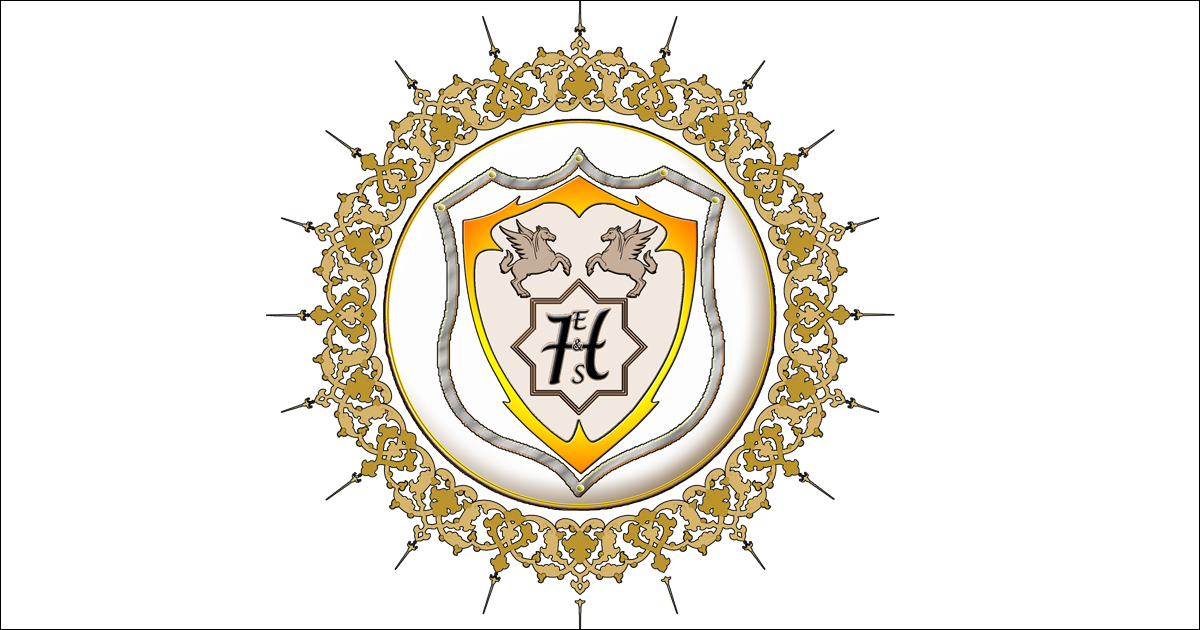
Leadership Dynamics Stimulus, Vision and Change
Course ID: 2507214501130EGI
Course Dates : 21/07/25 Course Duration : 10 Studying Day/s Course Location: Istanbul, Turkey
Language: Bilingual
Course Category: Professional and CPD Training Programs
Course Subcategories: Leadership and Management Excellence
Course Certified By: * Projacs Academy
* Professional Training and CPD Programs
Certification Will Be Issued From :
KSA
Course Fees: £6,690.09
Vat Not Included in the price. VAT may vary depending on the country where the course or workshop is held.
Click to Pay
Date has passed please contact us Sales@e-s-hub.com
Course Information
Introduction
Leadership is the cornerstone of organizational success, yet it remains one of the most complex and evolving disciplines in professional practice. The ability to stimulate growth, articulate a compelling vision, and navigate change effectively distinguishes exceptional leaders from competent managers. This course delves into the intricate dynamics of leadership, equipping participants with the tools to inspire teams, foster innovation, and drive sustainable transformation. By exploring both theoretical frameworks and real-world applications, this program addresses the pressing need for adaptive leadership in an era marked by rapid technological advancements and shifting societal expectations.
One of the key challenges facing modern organizations is the gap between traditional leadership practices and the demands of contemporary work environments. Many leaders struggle to balance short-term operational needs with long-term strategic goals, often at the expense of employee engagement and organizational agility. Drawing on seminal theories such as John Kotter’s 8-Step Process for Leading Change and Daniel Goleman’s Emotional Intelligence Framework, this course bridges that gap by offering actionable insights into fostering resilience, collaboration, and forward-thinking strategies. For instance, consider the case of Satya Nadella’s transformative leadership at Microsoft, where his emphasis on empathy and innovation revitalized the company’s culture and market position.
The importance of mastering leadership dynamics cannot be overstated. For individuals, developing these competencies enhances career prospects, boosts confidence, and fosters personal growth. Organizations, on the other hand, benefit from improved decision-making, higher employee retention rates, and increased profitability. A study by Gallup revealed that companies with highly engaged workforces outperform their peers by 147% in earnings per share. Such statistics underscore the tangible impact of effective leadership on both individual and organizational performance.
Moreover, the course addresses critical gaps in knowledge and practice by integrating interdisciplinary perspectives. Participants will explore how leadership intersects with psychology, sociology, and systems thinking, enabling them to craft holistic solutions to complex challenges. For example, understanding group dynamics through the lens of social identity theory can help leaders build cohesive teams that transcend cultural and generational divides. Similarly, applying design thinking principles allows leaders to approach problems creatively and iteratively, ensuring that solutions are both innovative and practical.
Real-world examples further illustrate the relevance of this course. Take the story of Jacinda Ardern, New Zealand’s former Prime Minister, whose empathetic and decisive leadership during crises earned global acclaim. Her ability to communicate a clear vision while remaining adaptable to changing circumstances serves as a powerful model for aspiring leaders. Another example is Netflix’s culture of “freedom and responsibility,” which exemplifies how visionary leadership can create environments where employees thrive and contribute meaningfully to organizational success.
Ultimately, this course is designed to empower participants to become catalysts for positive change within their organizations. By blending rigorous academic research with practical exercises and case studies, it offers a comprehensive learning experience that prepares leaders to meet the demands of today’s dynamic world. Whether you are an emerging leader seeking foundational skills or an experienced executive aiming to refine your approach, this program provides the knowledge and tools necessary to excel.
Objectives
By attending this course, participants will be able to:
Analyze the core principles of leadership dynamics and their application in diverse organizational contexts.
Evaluate the role of emotional intelligence in fostering trust, collaboration, and high-performance teams.
Design and implement strategies for leading successful organizational change initiatives.
Apply frameworks such as Kotter’s 8-Step Process and Goleman’s Emotional Intelligence Model to real-world scenarios.
Synthesize insights from interdisciplinary fields to develop innovative solutions to leadership challenges.
Who Should Attend?
This course is ideal for:
Mid-level managers and senior executives responsible for driving organizational change.
HR professionals tasked with developing leadership pipelines and fostering workplace cultures.
Consultants and coaches specializing in leadership development and organizational transformation.
Educators and trainers seeking to enhance their understanding of leadership theories and practices.
Training Method
• Pre-assessment
• Live group instruction
• Use of real-world examples, case studies and exercises
• Interactive participation and discussion
• Power point presentation, LCD and flip chart
• Group activities and tests
• Each participant receives a 7” Tablet containing a copy of the presentation, slides and handouts
• Post-assessment
Program Support
This program is supported by:
* Interactive discussions
* Role-play
* Case studies and highlight the techniques available to the participants.
Daily Agenda
The course agenda will be as follows:
• Technical Session 08.30-10.00 am
• Coffee Break 10.00-10.15 am
• Technical Session 10.15-12.15 noon
• Coffee Break 12.15-12.45 pm
• Technical Session 12.45-02.30 pm
• Course Ends 02.30 pm
Course Outlines
Foundations of Leadership Dynamics
Defining leadership dynamics and its relevance in modern organizations.
Overview of key leadership theories (Trait Theory, Transformational Leadership).
Understanding the role of self-awareness in effective leadership.
Introduction to emotional intelligence and its impact on leadership effectiveness.
Day 2:
Emotional Intelligence and Team Building
Components of emotional intelligence: Self-regulation, motivation, empathy, and social skills.
Strategies for building high-performing teams.
Case study analysis: Lessons from Google’s Project Aristotle.
Practical exercises to enhance interpersonal communication.
Day 3:
Visionary Leadership
Crafting a compelling vision statement.
Aligning organizational goals with individual aspirations.
Communicating vision effectively to diverse stakeholders.
Group activity: Developing a vision roadmap.
Day 4:
Leading Organizational Change
Introduction to Kotter’s 8-Step Process for Leading Change.
Identifying barriers to change and strategies to overcome them.
Role of storytelling in inspiring change.
Workshop: Creating a change management plan.
Day 5:
Adaptive Leadership
Principles of adaptive leadership and its applications.
Navigating ambiguity and uncertainty in decision-making.
Balancing technical and adaptive challenges.
Real-world example: Adaptive leadership during the COVID-19 pandemic.
Week 2
Day 6:
Systems Thinking in Leadership
Fundamentals of systems thinking and its relevance to leadership.
Mapping interdependencies within organizations.
Applying systems thinking to solve complex problems.
Case study: Toyota’s use of systems thinking in operational excellence.
Day 7:
Innovation and Creativity in Leadership
Fostering a culture of innovation.
Design thinking as a leadership tool.
Encouraging creative problem-solving among team members.
Interactive session: Brainstorming innovative solutions.
Day 8:
Ethical Leadership and Decision-Making
Importance of ethics in leadership practices.
Frameworks for ethical decision-making.
Addressing moral dilemmas in leadership roles.
Discussion: Ethical challenges faced by global leaders.
Day 9:
Cross-Cultural Leadership
Understanding cultural dimensions and their influence on leadership styles.
Adapting leadership approaches to multicultural teams.
Overcoming biases and promoting inclusivity.
Case study: Leadership lessons from international corporations.
Day 10:
Sustaining Leadership Excellence
Building resilience and maintaining momentum.
Continuous learning and professional development for leaders.
Reflective practice and feedback mechanisms.
Final project presentation: Applying course learnings to a real-world scenario.




















































